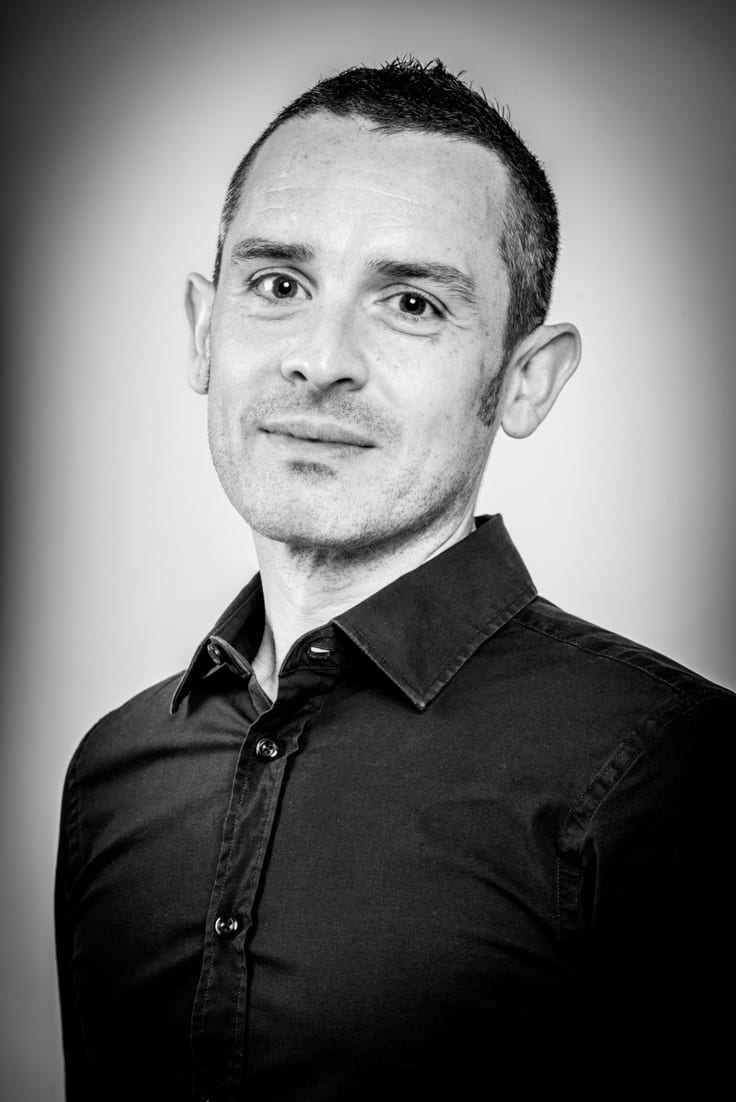
John Hume, Chief Executive of People's Health Trust, explains why the Trust focuses on addressing the underlying causes of health inequalities over more traditional healthcare models centred on treating sickness and disease.
I recently spent time with a group of committed NHS professionals who were grappling with the very real problem of health prevention.
The NHS is under considerable pressure and the group has been tasked over three years with looking at how the NHS can consider some of the wider social and economic factors, which ensure people have good health.
In some ways, this sounds easy. It’s common sense to most people with whom the Trust works: living with years of low-pay-no-pay cycles, or poor housing, or a lack of space just to let kids play safely, will bring negative health issues in the long term. Indeed, there is very clear evidence that the places in which people live, and the circumstances in which they find themselves, have a significant effect on their health.
However, our health services have to mainly focus on healthcare; that is, on supporting people to get better. It has become an almost impossible cycle of treating the symptoms but not the true causes. This isn’t a criticism of the NHS in any way; their work needs no defence. However, if we are to seriously look at health and broader wellbeing, we need to move beyond healthcare - and we need to stop blaming healthcare for the fact people are sick.
Talk to most healthcare professionals and, although they talk about symptoms of one specific condition or another and treatment plans, more often than not the conversation naturally comes around to the ‘real reasons’ for the illness: the circumstances in which people live and about how these things have undeniably contributed to their ill-health.
Dr Ichiro Kawachi, an epidemiologist at Harvard TC Chan School of Public Health summed this up perfectly when he said:
‘A lack of healthcare is not the cause of the disease… Just because aspirin cures a fever, it doesn’t mean a lack of aspirin is the cause of that fever’.
For the Trust, good ‘healthcare’ isn’t the way to address health inequalities; it’s very important, but it doesn’t address the circumstances in which people live. To paraphrase Professor Sir Michael Marmot, health systems often patch people up and send them back to the circumstances which contributed to or caused their condition in the first place. As a ‘business model’ seeking to solve rather than create a problem, this is deeply flawed.
People’s Health Trust decided to focus on the conditions in which people were living, the things which mattered to them, and increasing their sense of control so that they could lead the change locally.
We know that we need to work in partnership to address the systematic differences in health between different socio-economic groups. These inequalities are not inevitable. They aren’t caused by chance but because of the inequitable distribution of power and of wealth.
We wanted to set up processes which would place local people firmly in control over the decisions which happen in their neighbourhoods.
We wanted this process to encourage local residents to use their wisdom about the things which they knew positively and negatively impacted their health. We wanted to support them to become vocal about this and to be in control of the resources and of the agenda. In short, to use it as a process – a process which would empower, which would see power shared, and encourage local solutions.
We now have 900 local projects live at any one time. But it’s not the numbers which really matter. What has become important is the process – a process of being in control; a process of empowerment. Of people feeling free to determine what supports better health for them locally.
The projects we have supported have been anything from tenants’ rights groups and campaigning groups to social knitting groups, or from groups who eat together to women surviving domestic violence.
And there are some powerful results coming through from our evaluation work. They are early findings, but 81% of local residents involved with our projects feel an increased sense of belonging, with 85% feeling “less isolated” than they had before they started the project.
There are also some powerful partnerships starting to emerge too. Edberts House, in Gateshead, received funding from People’s Health Trust to develop a deep engagement process and enable local people themselves to identify the things which they knew would improve their health and wellbeing.
Following the engagement Edbert’s House worked with St Alban’s Medical Practice and Public Health to form a partnership using Clinical Commissioning Group and Cabinet Office funding to pilot a project for residents attending the GP with non-medical issues to access appropriate local activities, groups and networks that will improve their health and increase their sense of wellbeing.
This programme has now been scaled up across the East Gateshead Locality, and has supported over 650 vulnerable individuals at a cost of £60,000 per year.
We remain deeply committed to supporting engagement with local residents to ensure that they are in control of the ways in which health inequalities are addressed locally and we remain clear that none of us is able to do this work alone: it is only by working in partnership that we will see preventative health work really take hold.
John Hume, Chief Executive of People’s Health Trust
